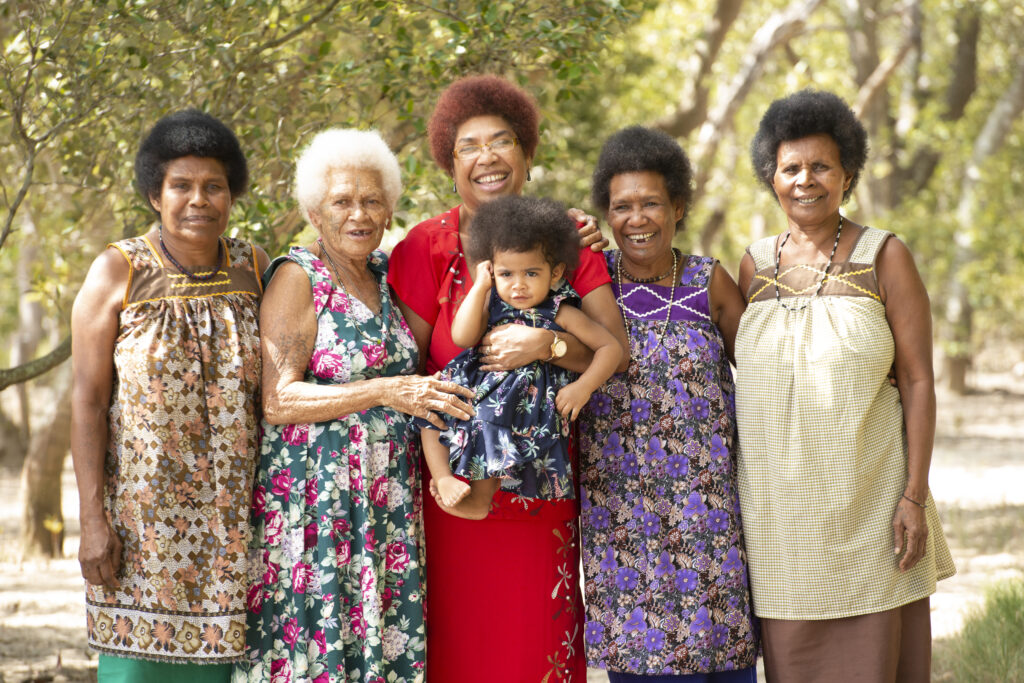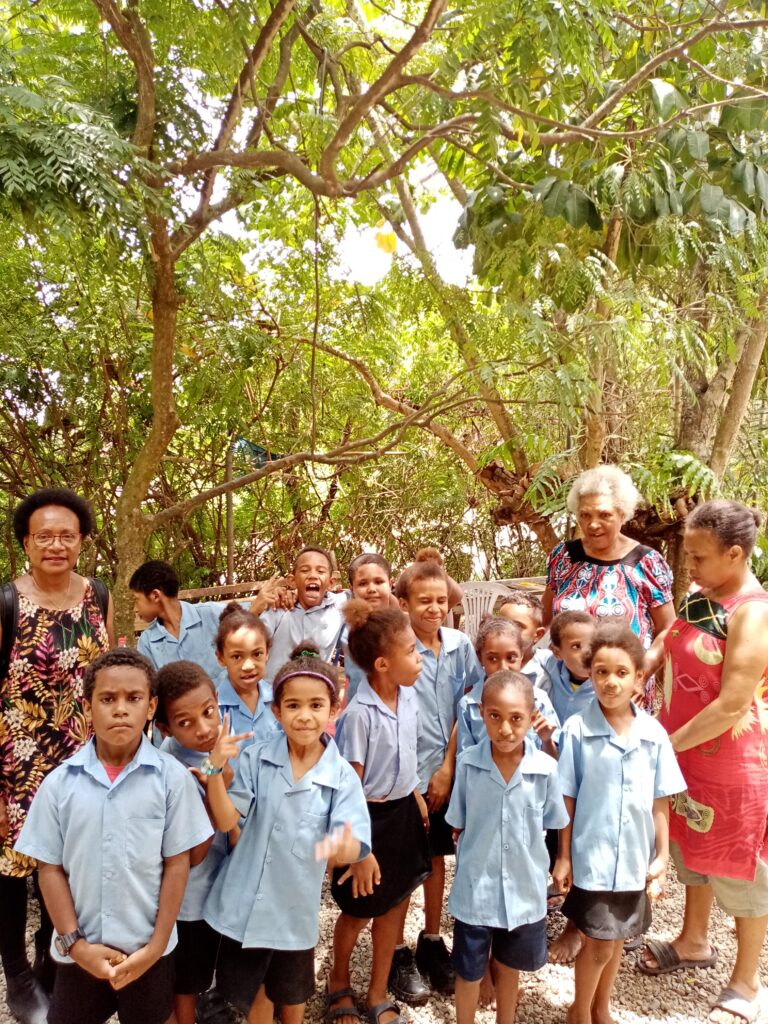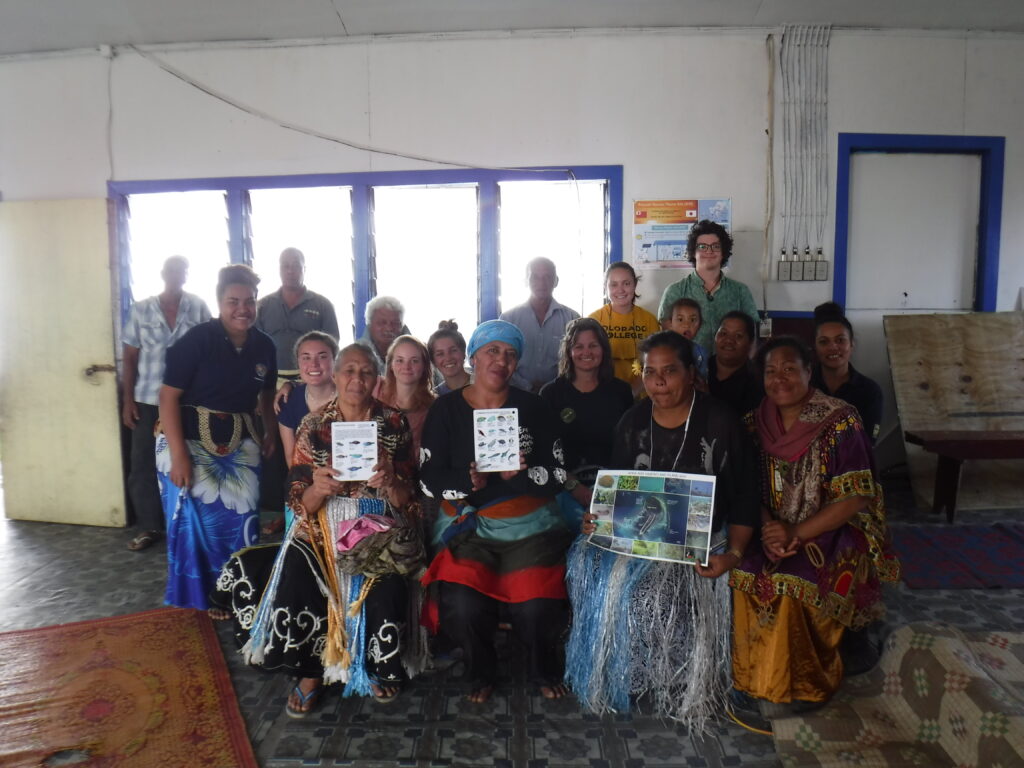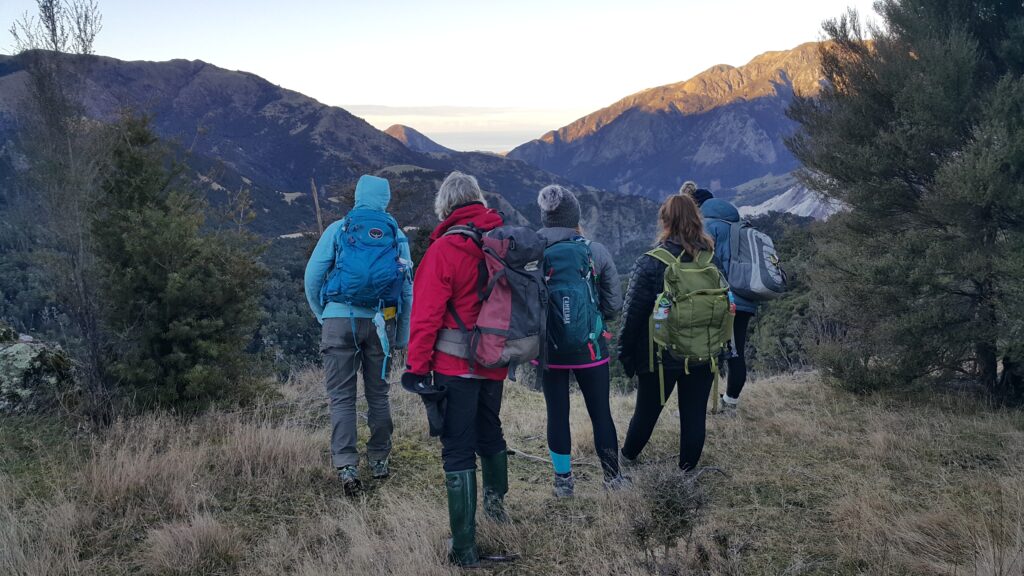This International Women’s Day, we celebrate an incredible, diverse group of women who share their knowledge to drive innovative legal and scientific solutions to protect climate, wildlife and Countries in the Australia-Pacific region.
EDO relies on its ability to bring the strongest legal arguments and most robust science into court rooms, committee rooms and board rooms. We are fortunate to have access to the knowledge of dozens of women who act for our clients as EDO lawyers or appear as independent experts in our cases.
The 242 women that have recently worked with the EDO on independent advice, expert opinion, or evidence for the courts cover 77 different fields of expertise including: Archaeology, cultural heritage, ecology and earth sciences (all spheres); chemistry; engineering; climate science; human health; hydrology; mapping; mine rehabilitation; acoustic solutions; oceanography; offsets and economics; statistics’; tourism; urban development; water management; and zoology.
These women span all levels of higher education from bachelor degrees to doctorates, graduate diplomas, and economic accreditation or operating licences. They are consultants, lecturers, Professors, business owners, and advisors who operate in systems where gender inequity is high.
But it’s not just the formal knowledge of western law and science that is valuable in our work.
The women of EDO represent diverse backgrounds, knowledge systems and lived experiences. Whether its living with a disability or belonging to a First Nations or global majority community, the knowledges these women bring enriches our work and makes us better equipped to tackle the climate and extinction crises.
Below two of EDO’s women leaders explain how they have benefited from the knowledge and wisdom of the women who have come before them and how they work to nurture the next generation.
Freda Kanek Talao Managing Lawyer, Pasifika Program on the female support that helped shape her career

My journey to date both personally and professionally has been very strongly influenced by wonderful and powerful women. My dear mother Solong Sheila is my first and biggest cheerleader. I remember vividly as a girl growing up, she always told my four sisters and I, “don’t rely on men or others in your life. Work hard and earn your own money’’. That has helped me to get to where I am now on my own.
Despite her teacher training, Mama did not teach as she was busy raising us. She regrets not pursuing her career as her other cousins, but she raised us very well to succeed in our own lives!
My parents raised the first two girls from our island Siassi, in Papua New Guinea, to go on to university despite being told it was a waste of their money as we would only get pregnant and leave school. Today Mama enjoys the fruits of her hard work, proudly bringing her sisters to visit and spend time in Australia for example and visiting their former teachers! And I love human rights and social justice work!
In return, I now help educate most of their grandchildren because when you educate a girl, you educate a family, a village and a nation! I even opened a home school in my own home in Port Moresby where my granddaughter Solong Pearl, her cousins and other children go to school! And Mama is still there ensuring they all go to school.
Sally Mokis MBE is my other mum, mentor, confidant, spiritual adviser and professional role model. She was honoured by the Queen for her contribution to banking in PNG and was even asked to pray at the US Presidents annual prayer breakfast in Washington DC. When I faced very difficult times at work and personally, she always said, “challenges to make you a better person”. Not an easy thing to do but critical stepping- stones to higher responsibilities in a very male-dominated world. Her support helped me break many barriers, make many firsts and even got considered with 1000 other peace women globally for the Nobel Prize for my work with women, youth, communities and post war reconstruction. What an influencer!

Many other women, my sisters, aunts, cousins and girlfriends are my pillars and I give my loudest cheers to them all. Attached are some pictures celebrating the life of these great women!
Dr Sharyn Goldstien, Director of Science and Expert Advisory recalls how knowledge sharing among inspiring women paved her journey to the EDO

The academic world is a system built on rigour, reputation, and traditions but also upon knowledge sharing. The tension between ambition and knowledge sharing can determine the trajectory of an academic career; and we don’t all find the perfect balance. During my time as an academic, the guiding light from senior women academics was essential to the experience of emerging women academics. Women who had mastered self-promotion and competitive innovation alongside full promotion and encouragement of others, and who were fully present in the knowledge sharing at all levels of the broader learning community created the space for other women to express their inner nurturer alongside their innovative ambition, and enabled them to inspire the next generation of academics.
As my career evolved, I worked with local communities and my understanding of reciprocity and humility developed. Place-based conservation required working closely with residents, channelling passions, understanding local expertise, and underpinning goals with information. Working in the Kingdom of Tonga and the New Zealand community of Kaikōura enabled me to share some technological advances in mapping (underwater remotely operated vehicles), visualising (thermal imagery for wildlife detection) and classifying (DNA identification) environmental issues in combination with local expert knowledge.
In both instances, I was very lucky to work with amazing women adept at weaving their traditional knowledge systems with western science and conservation to push the boundaries for the benefit of the people and the environment so dear to them. I was privileged that these community leaders shared their knowledge and took me on their journey sharing among their peers, whanau (extended family) and decision-makers, and with the next generation. Their messages were powerful but kind, they were curious in learning more, and sharing knowledge was a service to their community not a status to which they aspired. They invited me to share my tools with the most precious in their communities in hope of a more informed and equitable society underpinned by a healthy environment, and in doing so, they shared so much with me and the teams I was leading.
I hope to build upon these learnings and upon the nurturing ways embedded by my own mother, to honour these women by sharing knowledge within a different knowledge system (environmental law), and to encourage communities to share their knowledge and tools for an equitable and healthy future.






